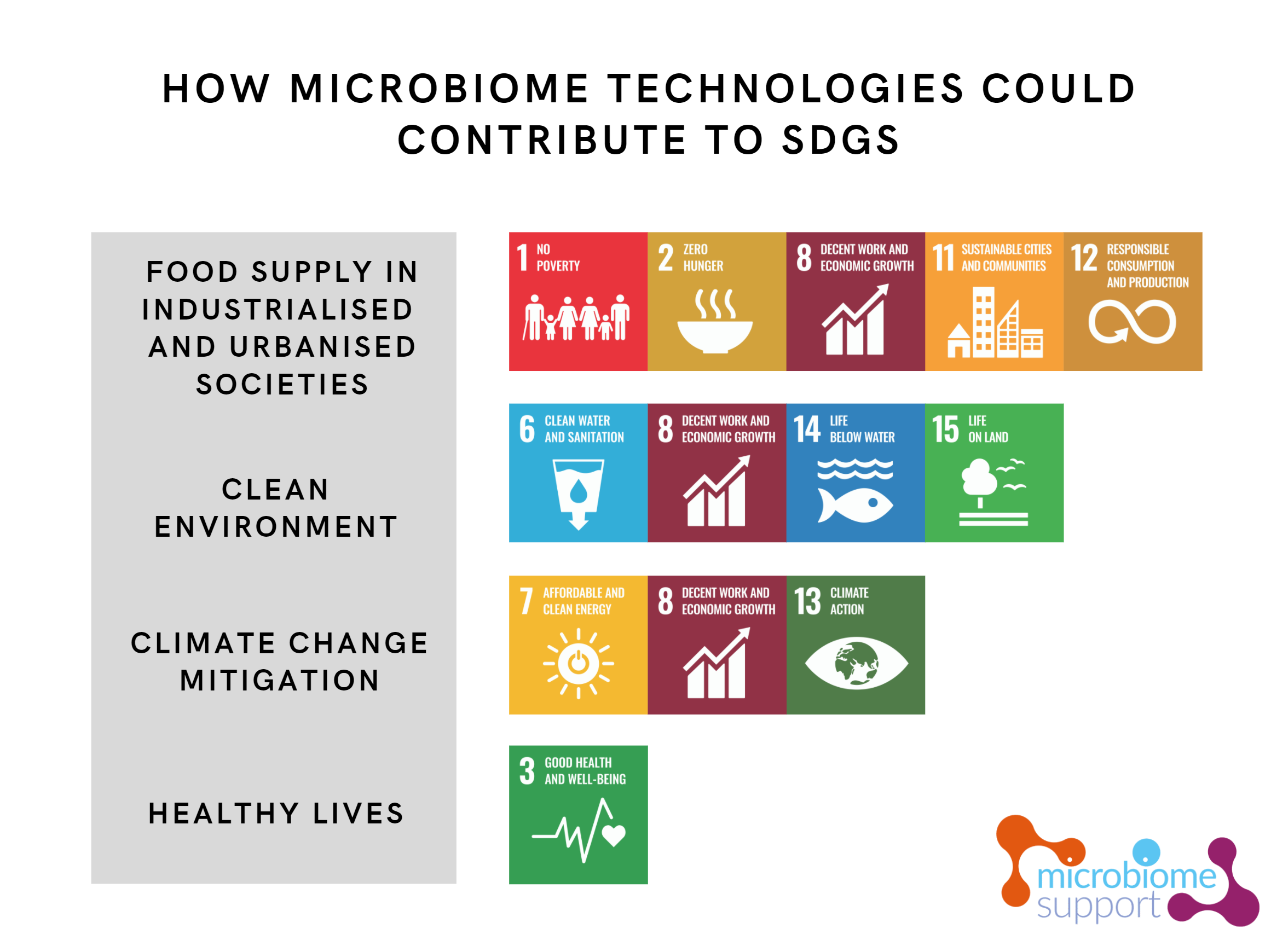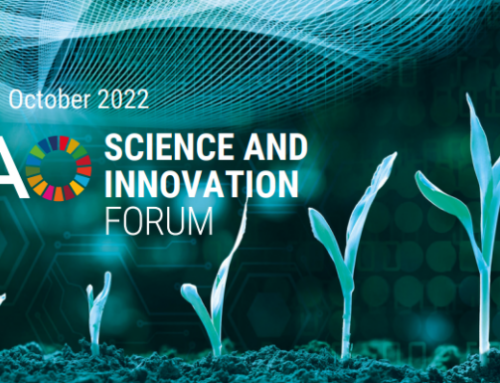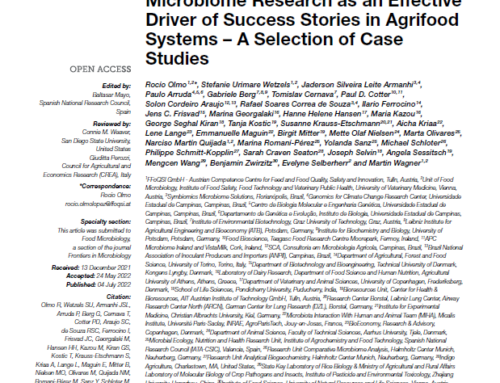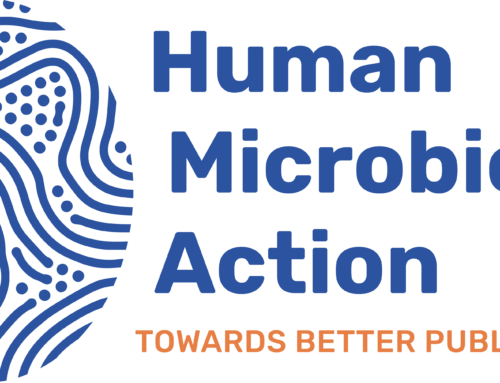A new MicrobiomeSupport publication highlights how microbiome-based innovations can contribute to policies which support the achievements of a number of United Nations Sustainable Development Goals (see Figure 1) and underpin solutions to tackle global challenges such as food safety, food and nutrition security, health and wellbeing, waste management and climate change adaptation and mitigation.

Consortium partners are arguing in the recently published Nature Microbiology paper that microbiome technologies are considered key to accelerate bio-innovation in food systems and are highlighting that international cooperation is critical within this process. Multi-disciplinary teams of data scientists, geneticists, microbiologists, ecologists, medical and other researchers will need to work cross-sectional across soil, plant human, animal, food production and consumption as well as waste management sectors to deliver on the promise that microbiome science pledges. Further, research efforts need to be supported by relevant infrastructures (e.g. biobanks and IT) as well as standardised approaches (in data analysis, data collection, data and sample storage, etc.) whilst trust needs to be built with the public for acceptance of microbiome solutions.
The paper calls for policy makers, funders, investors, regulatory and education bodies to support microbiome-based innovation processes by engaging in a global and systemic approach to maximise the likelihood of achieving the SDGs.
For referencing purposes:
K D’Hondt, T Kostic, R McDowell, F Eudes, BK Singh, S Sarkar, M Markakis, B Schelkle, E Maguin, A Sessitsch (2021) Microbiome Innovations for a Sustainable Future. Nature Microbiology.
Available at: https://www.nature.com/articles/s41564-020-00857-w





